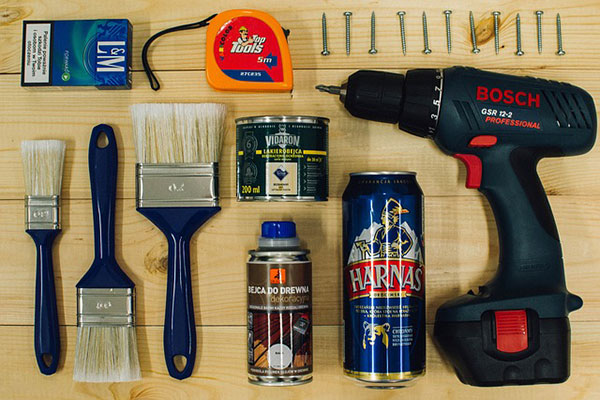DIY home repair fans may believe that doing the work themselves will help them save money over hiring experts. It could indeed be for certain people. However, the costs may be much higher for others, and the outcome could be less than perfect. Suppose you’re considering starting a DIY home repair project. It would help if you felt the following factors: extensive research to gain details, well-planned time and sources, and thinking about local regulations and health issues.
DIY Home Repair Tips
Do you wish to know how to tackle Do-it-yourself fixes around your home but aren’t in a position to know where to begin? DIY projects won’t only save you money but will also introduce you to new hobbies. Here are some ideas to learn as fast as possible:
1. Take Classes
Various DIY skills are available in community centers at your local Hardware stores and comparable establishments. The good thing is that most lessons are for free. The classes in the stores are sham advertising for particular tools. However, it’s not a huge deal because you’ll probably need the tools for your DIY projects, wouldn’t you?
2. Purchase Books
Many DIY books are available for sale, and they don’t need to be costly. In secondhand bookstores, bookstores, and thrift stores, and yard sales, look for books in “sale” exhibits. The most popular books are filled with enormous illustrations and clear, simple directions. Be aware that these books are an investment you’ll have for a long time.
3. Tune In to DIY Shows
When you watch public television and cable, you can view different DIY-related programming. These usually show air once a week, on Saturdays. Experts from various industries will give you many details on DIY projects.
4. Learn Through Practice
Knowing the necessary skills to complete DIY tasks around the home is beneficial. There is no alternative for the experience. Start minor projects around your home after mastering the fundamental DIY skills. You’ll gain lots of information from these tasks and your mistakes. Take on as many projects as you can and gradually improve your skills until you’re prepared to tackle the larger ones.
5. Master the Tools and Protective Gear
It’s crucial to learn to use both of these tools if you want to be able to safely and efficiently finish your DIY projects. If you employ means that aren’t properly or use security equipment, Your DIY project could become a nightmare.
6. Consult With Other DIY People
Discuss your ideas with family members and relatives with whom you have worked on your home improvement projects. They can teach you a lot from them, and you’ll have the chance to steer clear of many mistakes they made by trial and error. It’s crucial to remember that showing rather than explaining is preferable.
Giving DIY-ers a hand as they complete a project within the comfort of their home is the best way to learn from their experiences. Even if you buy the person’s supplies and equipment, following this strategy will allow you to progress at a breakneck speed. Also, if you have any concerns, ask them. Don’t be shy to ask. “Stupid” questions are those you should avoid asking.
Knowing the guidelines will make it as easy as three steps if you want to learn how to tackle DIY tasks. You’ll be the most successful in improving your DIY skills by acquiring knowledge from multiple sources.




